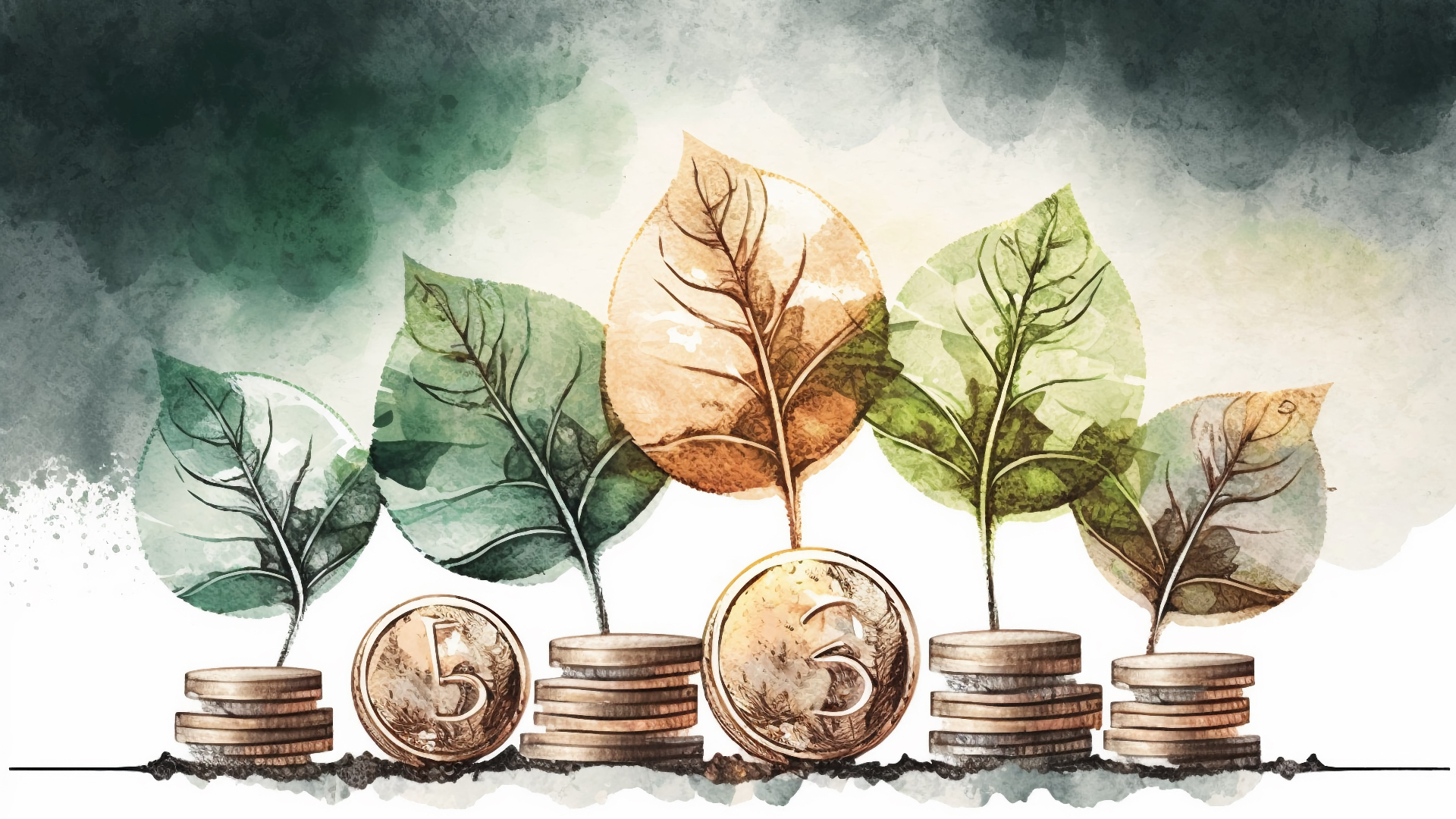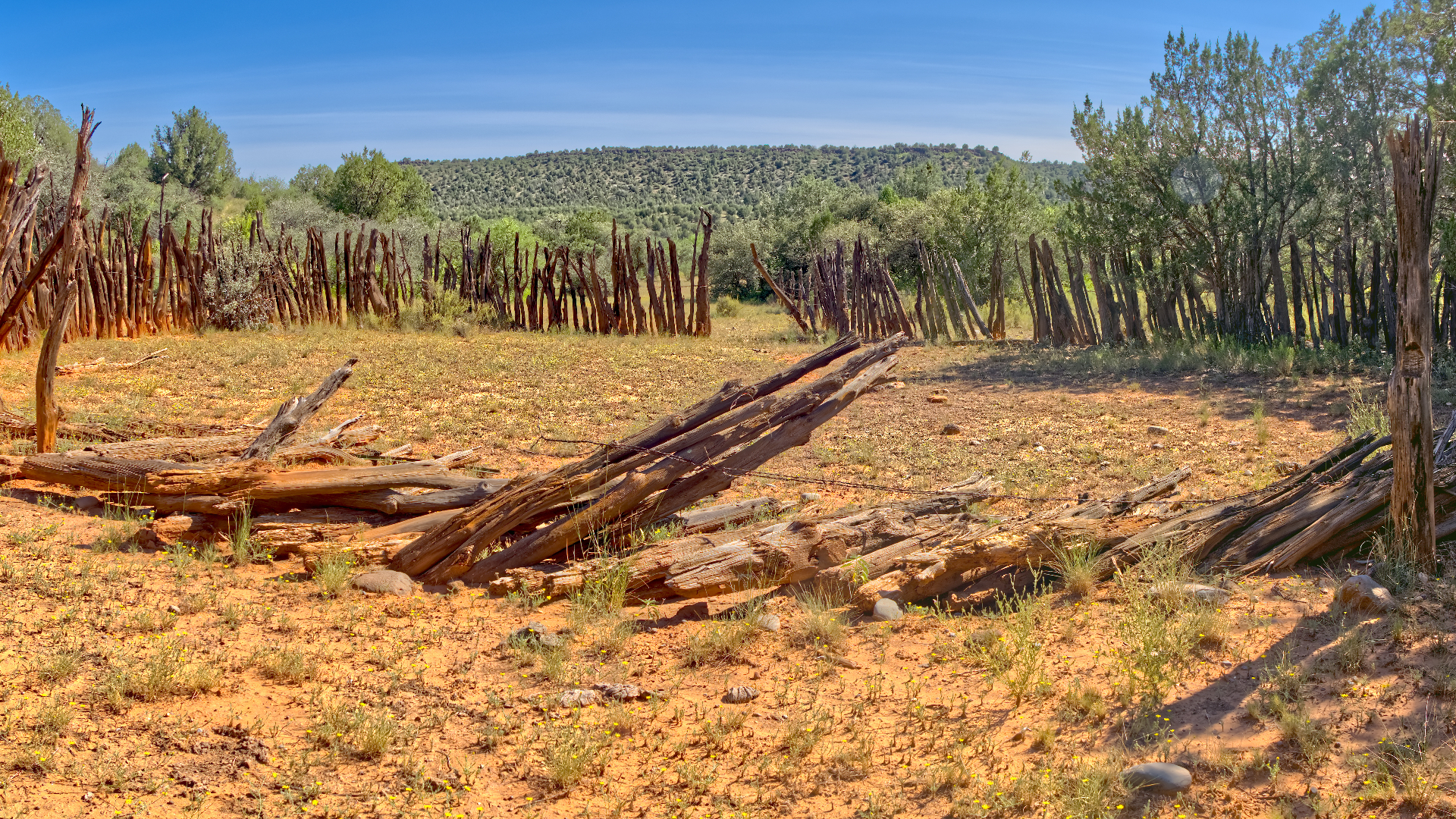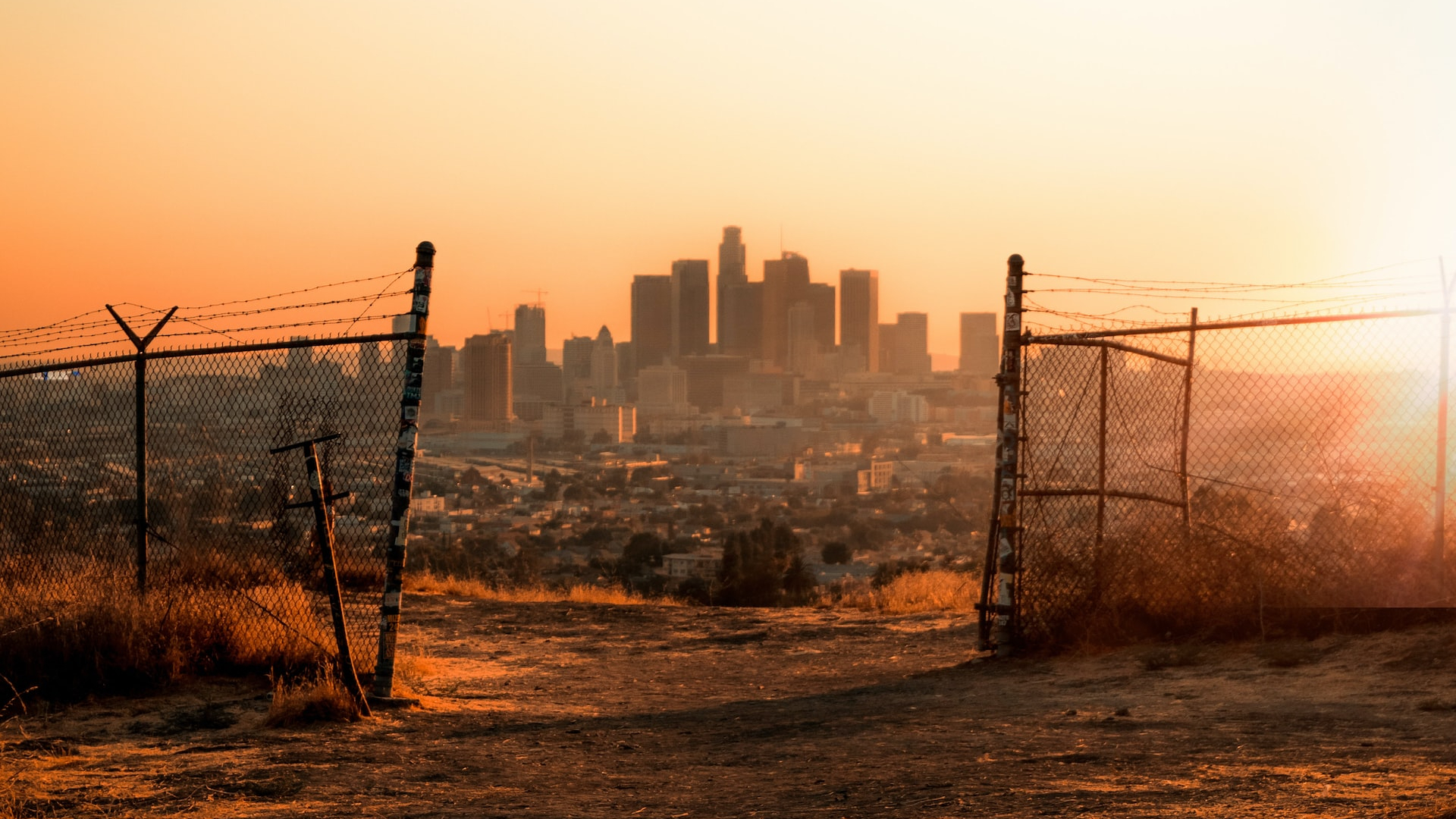Tag: property rights


Why our liberty hinges on the Rule of Law
February 16, 2024 | Post
The Rule of Law plays a pivotal role in enhancing individuals’ freedoms, as it dictates whether a country veers toward authoritarianism or freedom. But what do we understand as the Rule of Law?

A new Vancouver development shows what’s possible when housing is deregulated
January 12, 2024 | Post
Sen̓áḵw is a $3-billion, 11-tower real estate development in Vancouver, set to be built on Squamish Nation reserve land. The project, named after the ancestral territory the Squamish people were removed from in 1913, is a sustainable village developed in partnership with Westbank.
The example set by the Sen̓áḵw development project shows us what we could have in other places too, if only the state — and the NIMBYs whose interests they serve — would step aside and let progress unfold.

Why we should celebrate capitalism and consumerism, at Christmas and all year
December 7, 2023 | Post
Last Christmas, Pope Francis criticized holiday consumerism, saying that ours is “a society often intoxicated by consumerism … wealth and extravagance.”
To understand why this sort of critique is mistaken, and why consumerism and capitalism deserve our love at Christmastime and throughout the year, we need to go back to basics.

What Elizabeth Bennet taught me about liberty
September 14, 2023 | Post
Elizabeth Bennet, the protagonist in Jane Austen’s Pride and Prejudice, stands out because of her unconventional views on education and marriage, challenging the staunchly patriarchal society of Georgian England. Here’s what her story can teach us about liberty…

What is free-market environmentalism?
April 28, 2023 | Post
Free-market environmentalism combines the ideals of environmental protection with the principles of a free-market economy. It acknowledges that markets can provide powerful incentives for conservation and environmental stewardship, and that private property rights and contracts can be leveraged as tools to protect the environment. But how exactly does this work?

The tragedy of the commons explained
April 13, 2023 | Post
The tragedy of the commons is a concept that describes the depletion or degradation of shared resources that are not owned or managed by any individual or group. It occurs when multiple individuals, each pursuing their own ends, overuse or exploit a shared resource to the point of depletion, resulting in harm to all users of that resource in the long run.

Why some countries succeed and others don’t
March 6, 2023 | Post
Why are some countries successful while others aren’t? Is it down to natural resources, colonialism, or can it be better explained by something else?

Are major tech companies stifling free speech?
January 5, 2023 | Post
Technological advances have made it much easier for individuals to express themselves, but are major tech companies now stifling free speech?

Why a free society requires open borders
September 2, 2022 | Post
As long as they do not violate anyone’s rights, immigrants should be able to purchase property, engage in commerce, speak their language, and practice their faith in any manner they choose and within any borders.

Favelas and rental cars: lessons about property rights
April 26, 2022 | Post
What lessons can we learn about the importance of property rights from examples such as rental cars and Brazil’s favelas?

Ron Swanson explains property rights with sandwiches and landmines
July 28, 2017 | Post
Understanding the far-reaching positive influence of individual property rights requires some creative thinking.

This company helps African farmers secure their land rights.
June 29, 2017 | Post
A for-profit company is helping rural Africans earn money from their land by securing their property rights.

Immigration policy is first and foremost about property rights
May 19, 2017 | Post
Should governments have a blanket right to exclude immigrants?

Best Selling Computer Game of All Time Teaches… Economics, Entrepreneurship, and Cooperation?
May 17, 2017 | Post
On the 8th anniversary of Minecraft’s launch, let’s take a moment to appreciate just how great it is.

Blame outdated rights for California's water woes.
April 22, 2017 | Post
California is running on the equivalent of a Windows operating system (OS) that’s backwards compatible with earlier versions of the OS — and thus just as confusing, complicated, and conservative as you would expect from a system dating back decades.

Let’s take back the meaning of “pro-choice”
April 12, 2017 | Post
Truly supporting choice means supporting the right of individuals to choose.

Emma Watson is right. Feminism is about choice.
March 30, 2017 | Post
Watson offered up a simple truism about feminism that is more powerful than it might sound: “Feminism is about giving women choice.”

Mary Wollstonecraft: Libertarian Feminist
March 21, 2017 | Post
Almost two centuries before the women’s lib movement and a full century before the suffragettes, not all women were quiet subordinates to men. In this 1996 essay, historian Jim Powell provides us with an illuminating account of the brilliant Mary Wollstonecraft, an 18th-century author and philosopher who never minced her words in defense of equal […]

Civil asset forfeiture: resist, reform, repeal
March 15, 2017 | Post
Whether you’re on the right or the left, if you care about civil rights, property rights, or liberty, abolishing civil asset forfeiture should be high on your agenda.

Women prosper when markets are free
March 8, 2017 | Post
Today is International Women’s Day and, in some of the least surprising news of the day, it turns out that women’s equality ties into economic freedom. International Women’s Day was founded by the American Socialist Party in 1909 and usually ends up celebrating women in government, politics, and statism, but let’s look at something else. […]

Not your business: Let restaurant owners make their own decisions
January 18, 2017 | Post
The free-market concept is simple — private property owners should be able to preside over whatever policies they want.

The case of post-Soviet Georgia shows us that economic freedom and human dignity are inseparable
December 21, 2016 | Post
I was still a Soviet citizen when I first read some of the international documents on human, economic, and political rights.

Capitalism & slavery
December 15, 2016 | Post
The most far-fetched myth that I’ve encountered recently is that the wealth of the modern Western world, especially that of the United States, is the product of slavery.

Getting prices right for the Dakota Access Pipeline
November 24, 2016 | Post
One great benefit of markets is that prices tell us what to do. Not through orders, which often don’t work, but through incentives.

